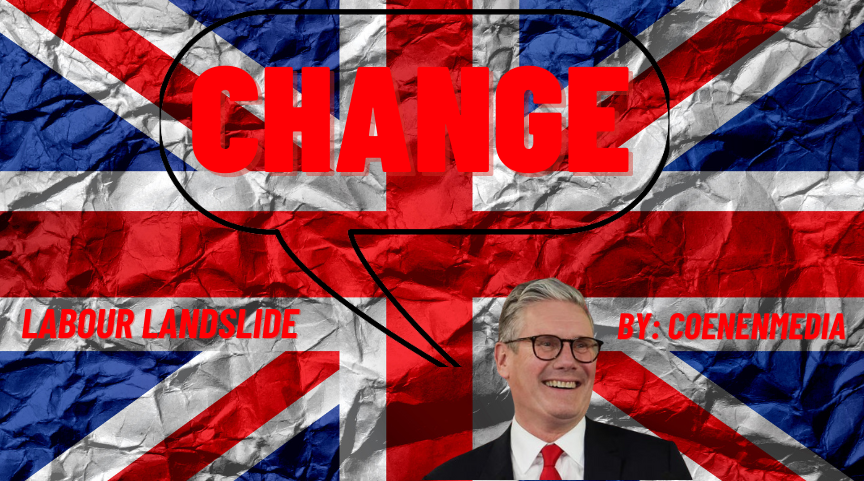
Britain’s Labour party has just scored a landslide victory with Keir Starmer uprooting the 14 years of Conservative rule. However, the party has a lot of work to do in order to restore faith among the British people in their government. Read this article to understand key topics about this landslide victory
An Impatient Public
Britain under Conservative rule for the last 14 years has made the country impatient with their leaders. Promises have not been kept and the public has grown tired of it. This was reflected in the lower voter turnout of 60% which is the lowest its been since 2001. Starmer addressed the publics discontent with political institutions by acknowledging “It leads to a weariness in the heart of a nation, a draining-away of the hope, the spirit, the belief in a better future,” he said. “This wound, this lack of trust will only be healed by actions, not words.” The British people have complained about overburdened National Health Service and Britain’s ballooning public debt. Starmer has signaled that he knew he knows he has no time to waste, acting on his party’s lopsided majority of 412 seats.
Reform UK Wins Seats
Reform UK is a right-wing political party that is anti-immigration. Their leader, Nigel Farage, won a seat in parliament for the first time after eight attempts. Reform which won 14.3% of the vote, compared to 23.7% for the Conservatives and 33.8% for Labour suggests that Britain is vulnerable to the hard-right populism sweeping Europe right now. “There is a massive gap on the center right of British politics,” Farage said to supporters in the town of Clacton-on-Sea. Although Reform won only 5 seats, they can use their platform to take advantage of a dispirited Conservative party.
Reform UK and Liberal Democrats fracture British politics
With Reform UK’s win described above as well as Liberal Democrats garnering 12% of the vote and going from 8 to 71 seats, both parties took off votes from the major political parties of Labour and Conservative. Together, Labour and the Conservatives won 57.5% of the vote, their lowest combined share post-World War II. In 2017, they both won 82.4% of the vote, showing how much the British public is slowly looking to other parties to govern them.
Brexit did not Dominate this Election
This election, unlike the previous two, were not dominated by Brexit. Britain’s 2016 decision to leave the European Union did not register with campaigns, with neither party eager to re-ignite arguments on this heavily contended issue. However, this does not mean it was totally unimportant as it has fractured the Conservative party by pulling them in more extreme directions. Many Brits blame Brexit for the bad British economy and many people believe it is at the root of most of Britain’s problems.
Thank you for reading this analysis from the Coenen Chronicle.
Please check out our YouTube channel if you would like to see video journalism stories about current events and history.